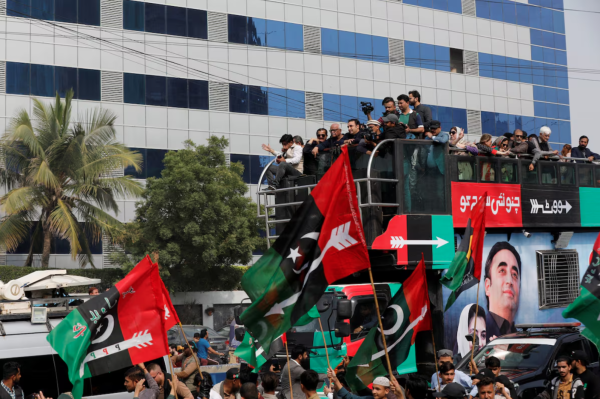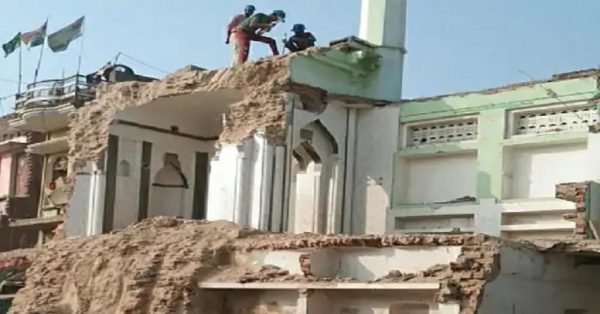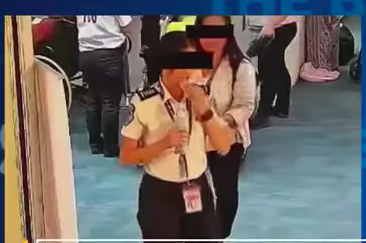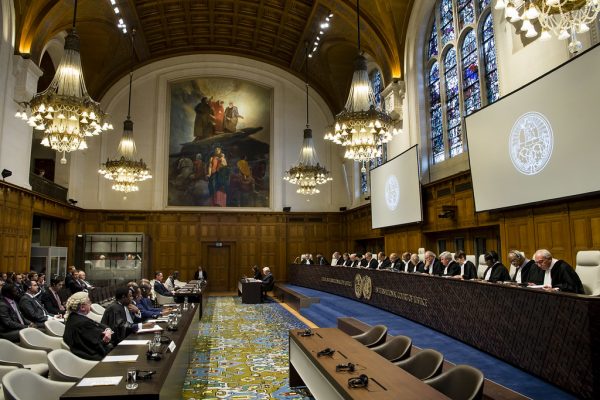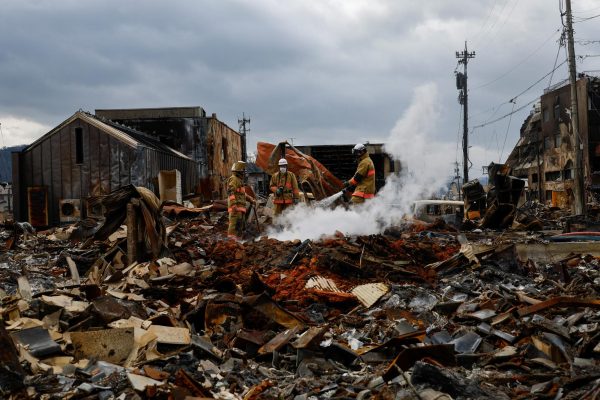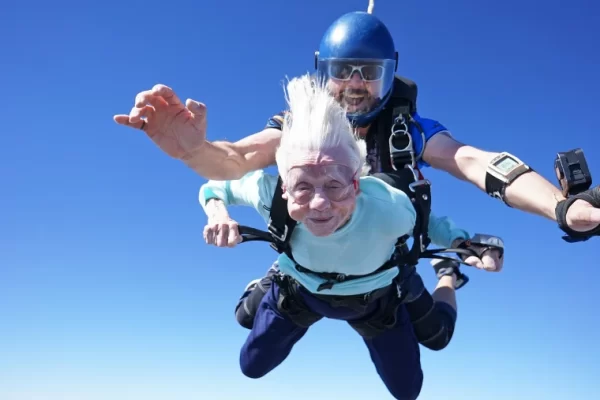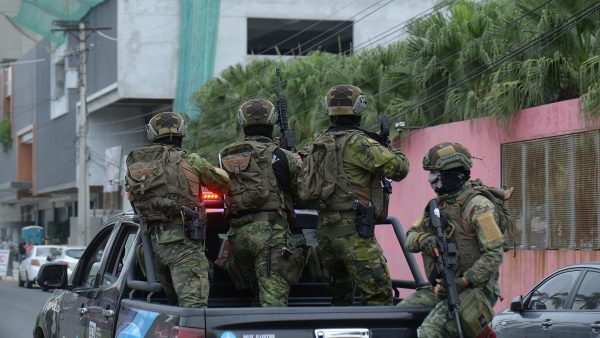Diplomacy Proves Futile in the Face of Aleppo War Crimes
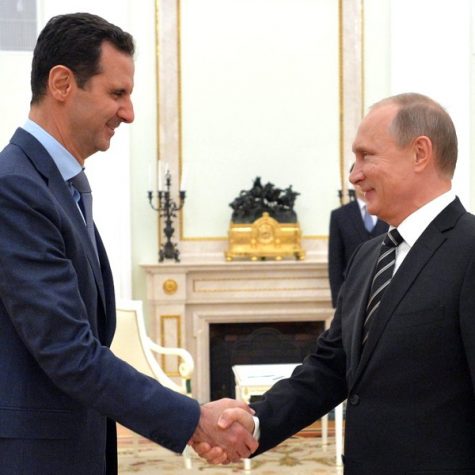
On October 23rd, fighting in the war-torn ruins of Aleppo resumed after a three day break for humanitarian concerns. Although Russian President Vladimir Putin and Syrian President Bashar al-Assad’s forces collaborated to call the cease-fire, the Wall Street Journal reported that no aid workers were employed to relieve Aleppo’s civilians of the medical crisis within the city due to security concerns. Additionally, it seemed as if no civilians took the opportunity to evacuate, instead protesting the Assad regime and refusing to abandon their homes.
During the cease-fire, United Nations Human Rights official Zeid Ra’ad al-Hussein expressed his concerns about human rights violations in Aleppo and throughout Syria, calling for a war crimes investigation and possible trial. In a UN Human Rights Council meeting in Geneva, Switzerland, representatives voted twenty-four to seven to order an end to the bombing of Aleppo, according to the New York Times. The meeting also sought to address the extraordinarily inaccessible humanitarian aid in Syria, with Secretary-General Ban Ki-moon creating a panel to address the suspicious destruction of a humanitarian aid convoy on its way through Syria in mid-September that resulted in the deaths of twenty-one aid workers.
This tense approach to suspicions of war crimes slipped into foreign politics this October when Russian President Vladimir Putin cancelled his visit to Paris, France to discuss the conflict in Syria just days before his scheduled departure. According to The Brics Post, Dmitry Peskov, Putin’s spokesman, cryptically announced, “Unfortunately, those events were struck off the program, so the president decided to cancel his visit to France for now.” French President François Hollande, who had earlier suggested that Russia could be charged in the International Criminal Court (ICC) for war crimes against Syrian civilians, did not seem to mourn the cancellation after hinting that Russia would “have to face up to their responsibility” in these despicable crimes.
Although many nations, organizations, and individuals have called out Russia and the Assad regime for many of their human rights violations, it seems as if neither power is conceding to these attempts at ending the violence. For instance, Russia blatantly vetoed a UN Security Council’s order to end assaults of Aleppo in early October.
Despite denying accusations of targeting civilians in their efforts to regain control of Aleppo, the Assad regime has been blamed for several human rights violations, such as using snipers to target the stomachs of pregnant women and young children. CNN News reported that one volunteer doctor, David Nott, estimated that 90 percent of the injuries he treats each day are bullet wounds from snipers. And the regime’s tight control over their territory has prevented the humanitarian aid, particularly medical attention, food, and water, that many Syrians desperately need. The violence became so prevalent that many people began comparing it to a holocaust, trending #holocaustAleppo on social media. While American children fear imaginary monsters in their closet, Syrian children fear the next bomb to hit their home.
Although Russia’s brief offers to temporarily weaken their hold of Aleppo to allow civilians to escape may seem an obvious solution, the Syrians trapped in Aleppo simply lack the means and resources to travel anywhere else. Even in cities less dangerous than Aleppo, only the most wealthy individuals are able to smuggle their way outside Syrian borders.
Even though the actions of Assad supporters may be brutal, rebel groups in Syria fighting against the Assad regime have been surrounded by controversy of their own. BBC News reported that some groups have set up internment camps for Islamic State (IS) fighters and their families, designed to “rehabilitate” these individuals, but which have received a relatively small amount of attention. Groups such as the White Helmets, first responders to bombings in areas such as Aleppo who have been praised by the American media and are even featured in a Netflix documentary, only perform rescues in rebel-controlled areas and are a main feature in a great deal of propaganda in support of rebel groups.
Syria has been engulfed in violence since the beginning of the conflict, but after many long months of senseless cruelty, it still seems impossible to see the light at the end of the tunnel. And without the cooperation of foreign powers, it may indeed be impossible. As British UN Ambassador Matthew Rycroft put it, “In the end, no resolution of this Security Council can end this war. The only thing that can end this war is a change of policy.”

